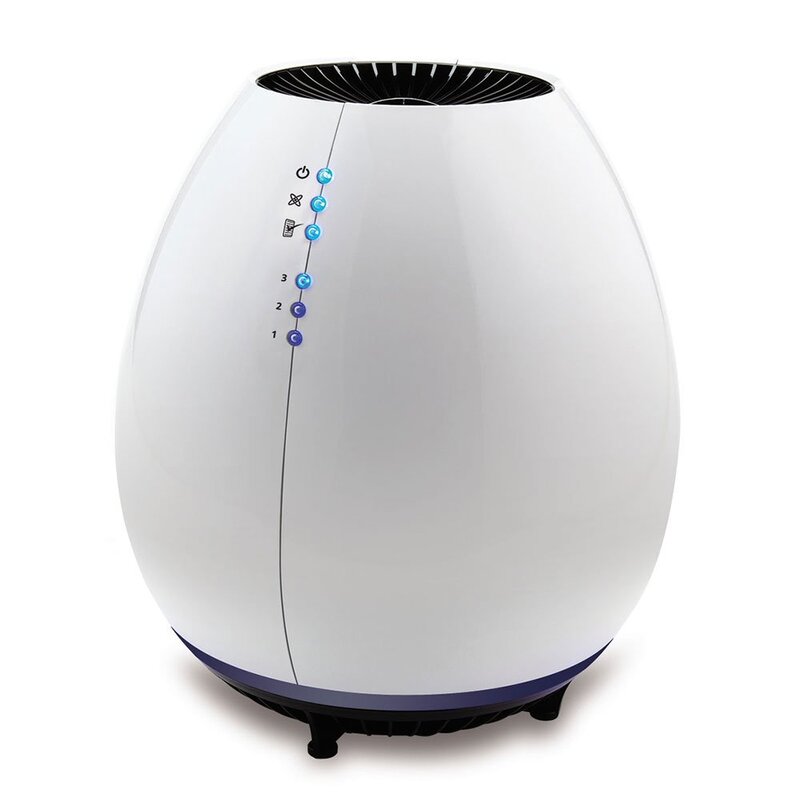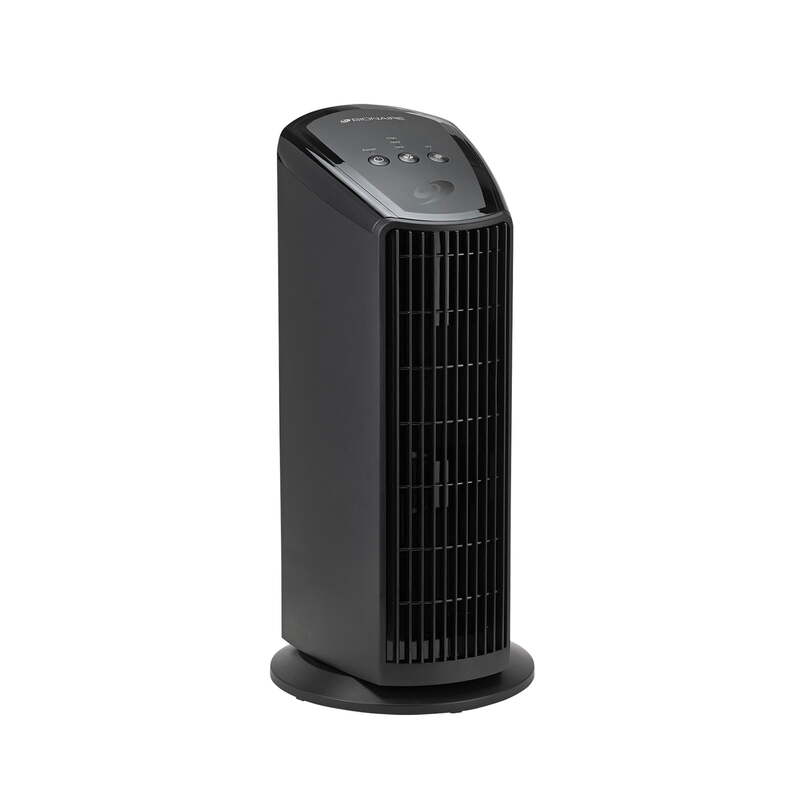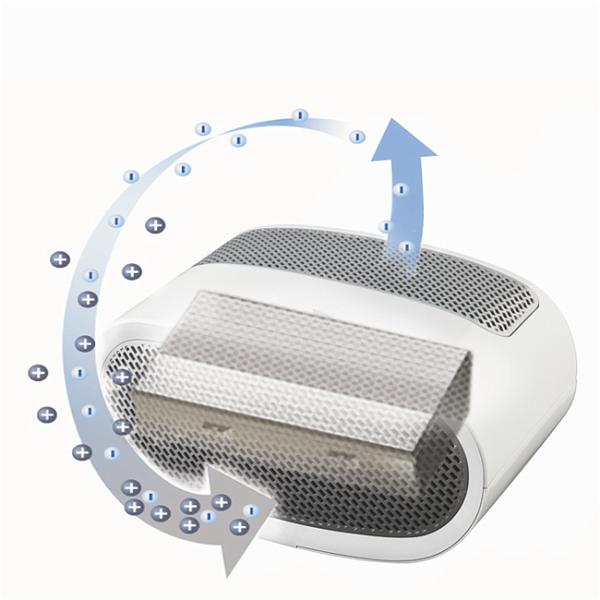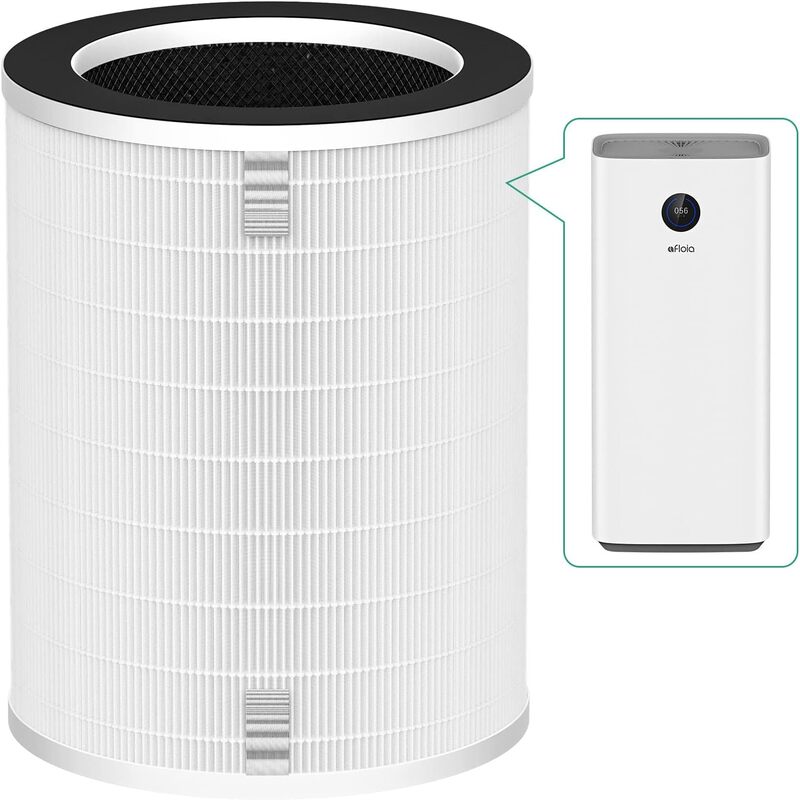In our quest for cleaner air, two popular devices often arise: air ionizer vs air purifier. Though they serve a common goal, their functionalities, advantages, and limitations vary significantly. In this comprehensive article, we will delve deep into each type of device to help you make an informed decision.
The Basics of Air Cleaning Technology
What is an Air Ionizer?
Air ionizers clean the air by emitting negative ions. These ions attach themselves to positively charged particles like dust, pollen, and smoke. This process results in larger, heavier particles that are easier to remove from the air. However, not all airborne contaminants are effectively captured by ionizers alone.
Air ionizers operate silently, which makes them appealing in noise-sensitive environments. Additionally, they are often more energy-efficient compared to other air cleaning devices. Despite these benefits, they also have limitations. For instance, without an integrated filtration system, most airborne particles remain suspended in the air.
What is an Air Purifier?
Air purifiers utilize filters to capture and remove contaminants from the air. Common filters include HEPA (High-Efficiency Particulate Air), activated carbon, and UV light filters. HEPA filters are highly effective, removing particles as small as 0.3 microns with a 99.97% efficiency rate. This makes them ideal for those concerned about allergens, bacteria, and other microscopic pollutants.
Air purifiers are particularly beneficial for individuals with allergies or respiratory issues. They can substantially reduce the number of harmful particles in the air, contributing to better overall health. On the downside, they can be noisy and require regular maintenance, such as filter replacements.

The Science Behind Air Ionizers
How Do Air Ionizers Work?
Air ionizers work through the principle of ionization. They produce a stream of negatively charged ions that disperse throughout the room. These ions cling to positively charged particles, such as dust, pollen, and smoke. This process makes these particles heavier, causing them to fall to the ground or attach to surfaces. This helps reduce airborne contaminants in your immediate breathing space.
Although effective at removing larger particles, air ionizers may not capture smaller, more harmful pollutants. Some models incorporate an electrostatic precipitator that enhances their capabilities by collecting charged particles on a series of plates. This can improve their overall efficiency but does not negate their shortcomings in capturing minute particles like viruses.
Potential Drawbacks of Air Ionizers
While air ionizers offer a quiet and energy-efficient way to clean the air, they are not without drawbacks. One of the primary concerns is the potential production of ozone. Some air ionizers release small amounts of ozone as a byproduct. In high concentrations, ozone can be harmful, causing respiratory issues and other health problems.
Another limitation is that air ionizers do not physically remove contaminants from the air. They simply make them heavier or attach them to surfaces. This means you’ll need to frequently clean your home to remove these fallen particles. Without a comprehensive cleaning strategy, you may not fully benefit from an air ionizer’s capabilities.
The Mechanics of Air Purifiers
How Do Air Purifiers Work?
Air purifiers come equipped with multiple types of filters designed to capture a wide range of airborne contaminants. HEPA filters are particularly effective, capturing 99.97% of particles as small as 0.3 microns. Activated carbon filters are great for absorbing odors and chemicals, while UV light filters can neutralize bacteria and viruses. The combination of these filters ensures a comprehensive approach to air purification.
The process is straightforward: air enters the purifier, passes through the various filters, and exits clean. This repeated circulation ensures that the air in your home is continually purified. Unlike air ionizers, air purifiers actually remove contaminants from the environment, ensuring a cleaner and healthier living space.
Advantages and Disadvantages of Air Purifiers
Air purifiers offer a robust solution for maintaining clean indoor air. They are particularly beneficial for those suffering from allergies, asthma, or other respiratory conditions. The ability to remove a wide range of contaminants, including allergens, bacteria, and volatile organic compounds (VOCs), makes them highly effective.
However, these devices are not without their drawbacks. Air purifiers can be noisy, especially when operating at higher speeds. They also require regular maintenance, such as filter replacements, which can add to the overall cost. Despite these cons, the health benefits they offer often outweigh these minor inconveniences.

Comparing Performance Metrics
Efficiency in Removing Particles
Both air ionizers and air purifiers have their merits when it comes to removing particles from the air. However, the effectiveness can vary significantly depending on the type and size of the particles. Air ionizers are generally less effective at capturing small particles, such as viruses and bacteria. In contrast, HEPA filter-equipped air purifiers excel in this area, capturing particles as small as 0.3 microns.
Air purifiers also offer a more comprehensive approach to air cleaning. Their multi-stage filtration systems ensure that a wide range of contaminants are removed. This makes them a better choice for those seeking a thorough air cleaning solution. On the other hand, air ionizers are suitable for general air quality improvement but may not be as effective in specialized scenarios.
Impact on Air Quality Over Time
The long-term impact on air quality is another crucial factor to consider. Air purifiers have the advantage of continuous filtration, ensuring that the air remains clean over extended periods. This is particularly beneficial for those with chronic respiratory conditions or allergies. On the other hand, air ionizers may require additional cleaning efforts to maintain optimal air quality.
Moreover, the potential release of ozone by some ionizers can negatively impact indoor air quality over time. This is a significant consideration, especially for those with respiratory sensitivities. Air purifiers, equipped with activated carbon and HEPA filters, generally do not produce harmful byproducts, making them a safer long-term option.
Cost Analysis of air ionizer vs air purifier
Initial Investment and Installation
When it comes to initial investment, air ionizers typically have a lower upfront cost compared to air purifiers. Simple plug-and-play models can be relatively inexpensive. However, more advanced models with additional features may cost more. Installation is generally straightforward, requiring minimal setup.
Air purifiers, especially those with multiple filtration stages, often come with a higher price tag. The complexity of the filtration system can add to the initial cost. Installation can be slightly more involved, especially for larger units designed to cover extensive areas. However, the higher cost is often justified by the comprehensive air cleaning they offer.
Maintenance and Operational Costs
Maintenance is a significant factor in the overall cost of both devices. Air ionizers generally have lower maintenance costs as they do not use replaceable filters. However, regular cleaning of the ionizing plates is necessary to ensure optimal performance. This can add to the overall effort and time required to maintain the device.
Air purifiers require regular filter replacements, which can add to the operational costs. HEPA filters, activated carbon filters, and UV light components all have a limited lifespan. However, many users find that the benefits of these filters outweigh the costs. The improved air quality and reduced allergens often make this investment worthwhile.
Health Considerations of air ionizer vs air purifier
Benefits for Allergy and Asthma Sufferers
Air purifiers are particularly beneficial for individuals suffering from allergies and asthma. The ability to remove allergens like pollen, pet dander, and dust mites can significantly reduce symptoms. HEPA filters are especially effective in capturing these particles, contributing to a healthier living environment.
Air ionizers can also offer some relief by reducing the number of airborne particles. However, they may not be as effective in removing smaller allergens and irritants. This makes them less ideal for those with severe allergies or asthma. It’s important to consider the specific health needs of your household when choosing between these devices.
Potential Health Risks
While air purifiers generally have no significant health risks, air ionizers do pose some concerns. The production of ozone, even in small amounts, can be harmful, especially for individuals with respiratory conditions. Prolonged exposure to ozone can cause irritation and exacerbate existing health issues.
It’s crucial to choose an ionizer with low or no ozone production if you opt for this type of device. Additionally, regular cleaning of surfaces where particles settle is necessary to maintain a healthy environment. In contrast, air purifiers, with their robust filtration systems, offer a safer alternative for maintaining clean air.

Environmental Impact
Energy Consumption
Energy consumption is an important consideration when choosing an air cleaning device. Air ionizers are generally more energy-efficient, requiring less power to operate. This makes them a cost-effective option for continuous use, especially in homes with higher energy costs.
Air purifiers, particularly those with multiple filters and high fan speeds, can consume more energy. However, many modern air purifiers come with energy-saving features, like automatic shut-off and variable speed settings. These features can help mitigate the higher energy usage, making them more environmentally friendly.
Waste and Disposal
Air ionizers generate less waste as they do not use replaceable filters. However, the need for regular cleaning can result in the disposal of contaminated cleaning materials. This is a relatively minor concern but worth noting for those focused on environmental impact.
Air purifiers, on the other hand, require regular filter replacements. The disposal of used filters contributes to waste. However, many manufacturers are now offering recyclable or biodegradable filter options. This helps reduce the environmental footprint of using these devices. It’s essential to check the disposal instructions for filters to ensure eco-friendly practices.
Making the Right Choice
Assessing Your Needs
When choosing between an air ionizer and an air purifier, it’s essential to assess your specific needs. Consider factors like room size, air quality concerns, and health issues. If you suffer from severe allergies or respiratory conditions, an air purifier with a HEPA filter may be the best choice.
For general air quality improvement, an air ionizer can be a suitable and cost-effective option. However, it’s crucial to choose a model with low or no ozone production to avoid potential health risks. Understanding your specific needs will help you make an informed decision.
Long-Term Considerations
Think about the long-term implications of your choice. Consider factors like maintenance, operational costs, and environmental impact. An air purifier may have higher upfront and maintenance costs, but the comprehensive air cleaning they offer can be worthwhile.
Air ionizers may seem more cost-effective in the short term, but the need for regular cleaning and potential health risks should be considered. Weighing these long-term factors will help you choose a device that meets your needs while offering the best value over time.
Conclusion
In the debate between air ionizers and air purifiers, there is no one-size-fits-all answer. Both devices offer unique benefits and have their own set of limitations. Air ionizers provide a quiet, energy-efficient solution for general air quality improvement but may not be as effective in removing smaller, harmful particles. Air purifiers, particularly those with HEPA filters, offer comprehensive air cleaning, making them ideal for those with allergies or respiratory conditions.
Ultimately, the best choice depends on your specific needs and circumstances. By understanding the differences and considering factors like cost, maintenance, and health benefits, you can make an informed decision that best suits your home.

